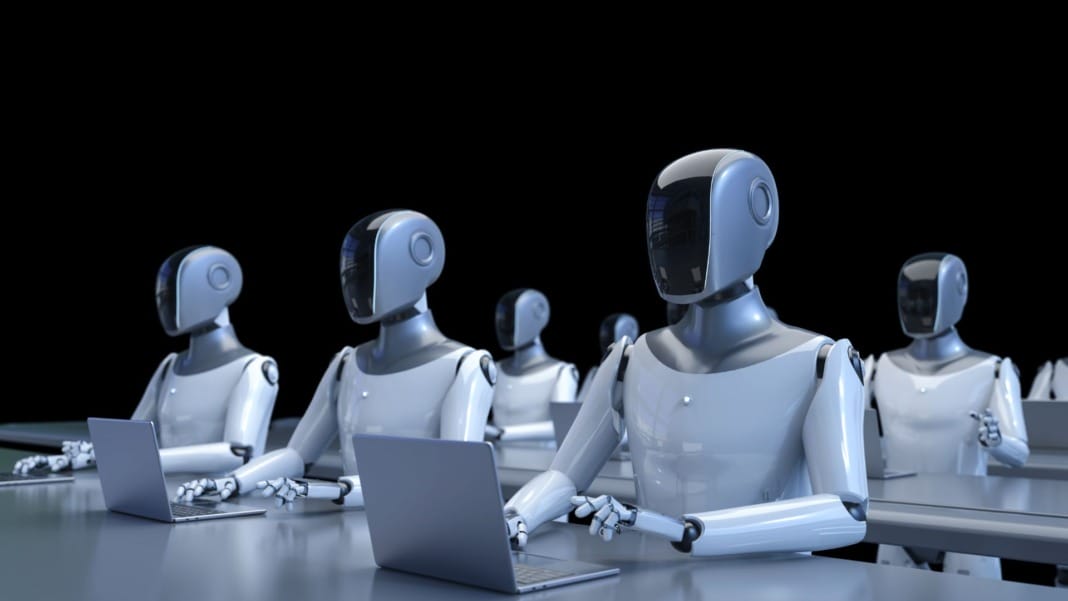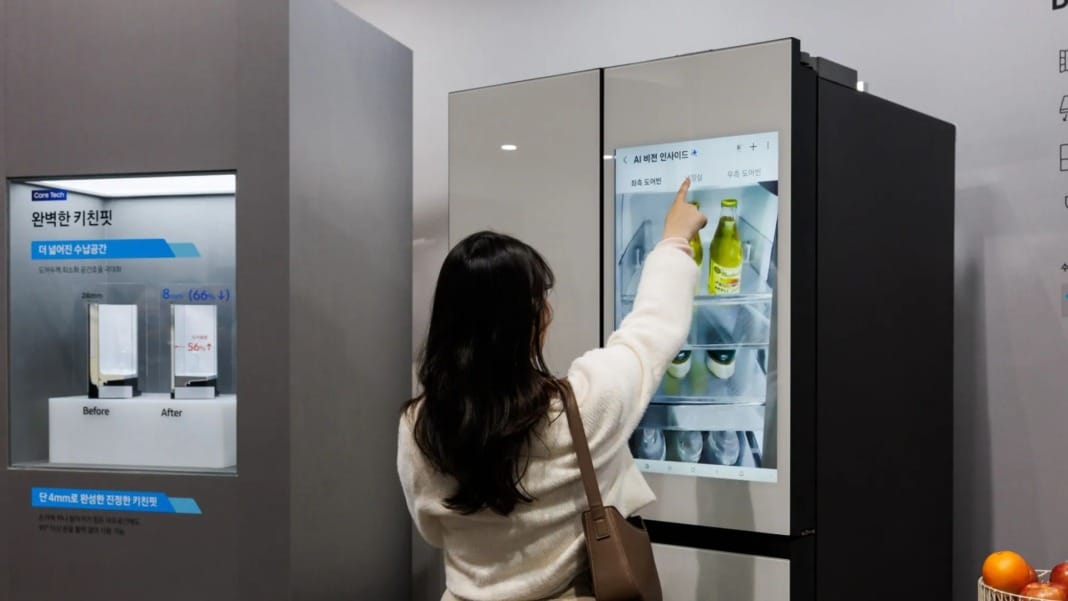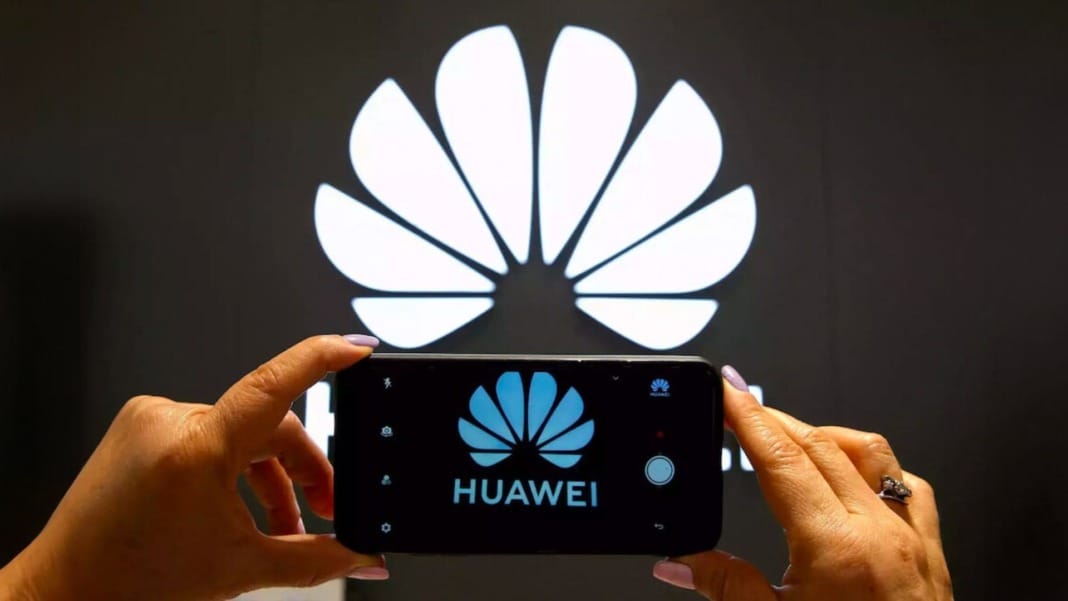Chinese venture capitalist Allen Zhu Xiaohu has cast doubt on the commercial future of humanoid robots, revealing that his investment fund has pulled out of several projects in the sector. His remarks have ignited debate within China’s robotics industry, as interest in artificial intelligence (AI)-powered machines continues to grow.
Zhu, managing director at GSR Ventures, expressed his scepticism in an interview with consultancy ChinaVenture published last week. He acknowledged the rising enthusiasm for embodied AI—AI technology applied to physical machines with sensory capabilities—but questioned whether humanoid robots could become a sustainable business.
Investment withdrawals signal a lack of confidence
Zhu confirmed that GSR Ventures had previously backed early-stage embodied AI companies but has been quietly retreating from these investments in recent months.
“I often joke that every humanoid robot today can do somersaults, but where is the commercialisation?” Zhu remarked. “This has become a space that early-stage venture capitalists like us want to avoid.”
Zhu, known for his early investments in major Chinese tech firms like ride-hailing platform Didi Chuxing and social media network RedNote, has taken a cautious stance toward AI start-ups. Last year, he announced he would not invest in China’s large-language-model developers but remained optimistic about AI-driven applications.
Despite his reservations, the humanoid robotics sector in China is attracting significant funding. In the first two months of 2024, investment in Chinese humanoid robot firms reached 2 billion yuan (US$276 million) across 20 deals, compared to 1.2 billion yuan from just four transactions in 2023, according to market tracker ITJuzi.
Industry backlash and support for AI-powered robotics
Zhu’s doubts have sparked reactions from robotics entrepreneurs and investors who believe 2025 will be a turning point for the industry, with companies moving toward mass production and broader commercial adoption.
Zhao Tongyang, co-founder and CEO of Shenzhen-based Engine AI, strongly disagreed with Zhu’s assessment. His company’s humanoid robots recently received praise from an Nvidia scientist. In comments circulating on WeChat, Zhao described Zhu as a “shrewd businessman” who prefers “fast-paced projects” with quick returns.
Zhao predicted that humanoid robots would be “almost everywhere in five years” and called their development the most “thrilling” industrial revolution since humans first created tools.
David Zhang Ying, founding partner of Matrix Partners China, also commented on WeChat. He stated that robotics is an emerging sector poised to create industry giants and warned that Zhu could miss out on investing in companies that may soon dominate the market.
Meanwhile, Beijing-based Galaxea AI, which received investment from GSR Ventures in late 2023, confirmed last week that Zhu’s fund had sold its equity stake in May. In a WeChat post, the start-up called for a culture that supports innovation and promised to continue developing cutting-edge products with strong commercial potential.
The debate highlights the divide between sceptics who see humanoid robots as an uncertain business venture and industry insiders who believe AI-powered machines will transform industries in the future.





